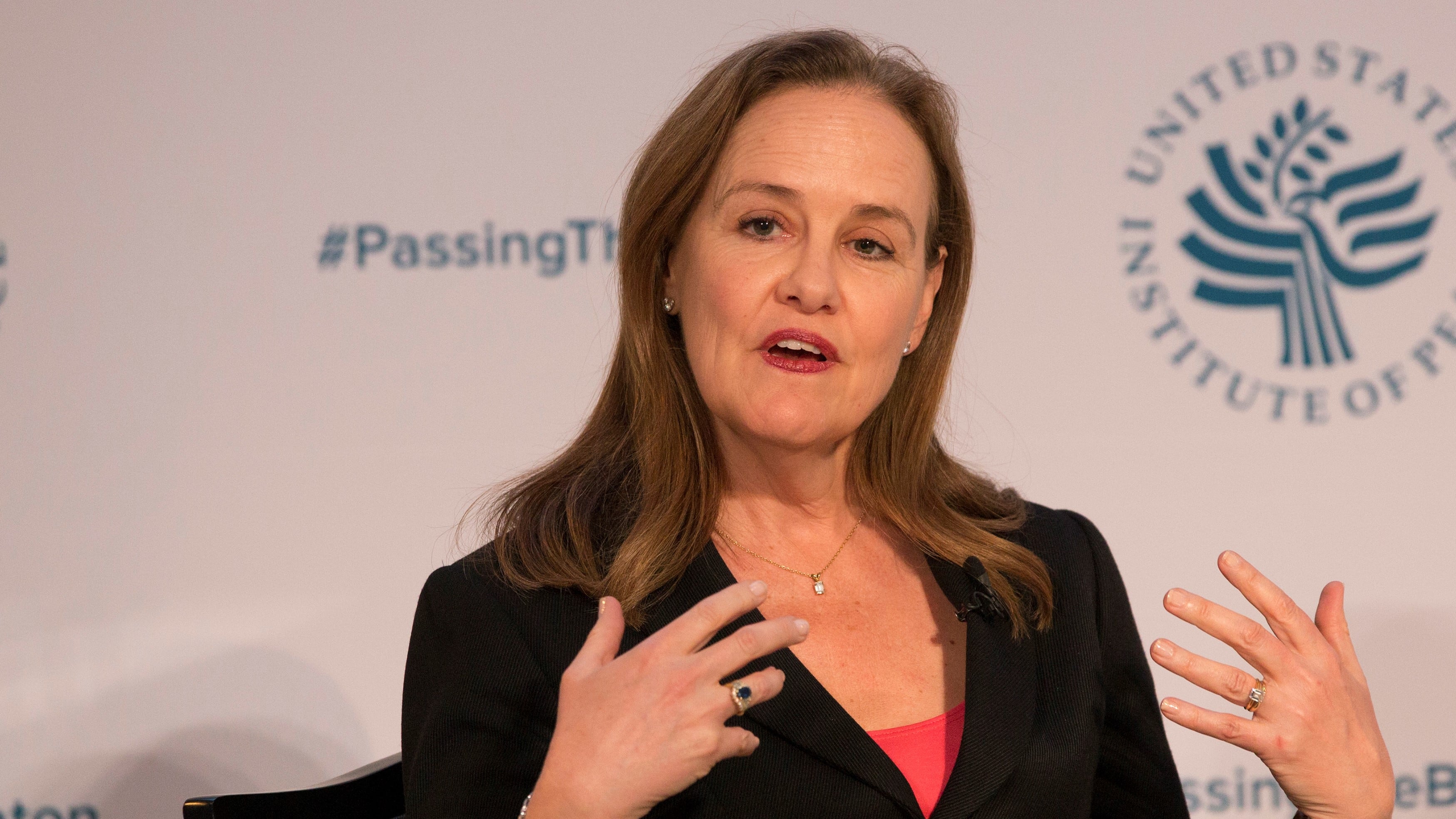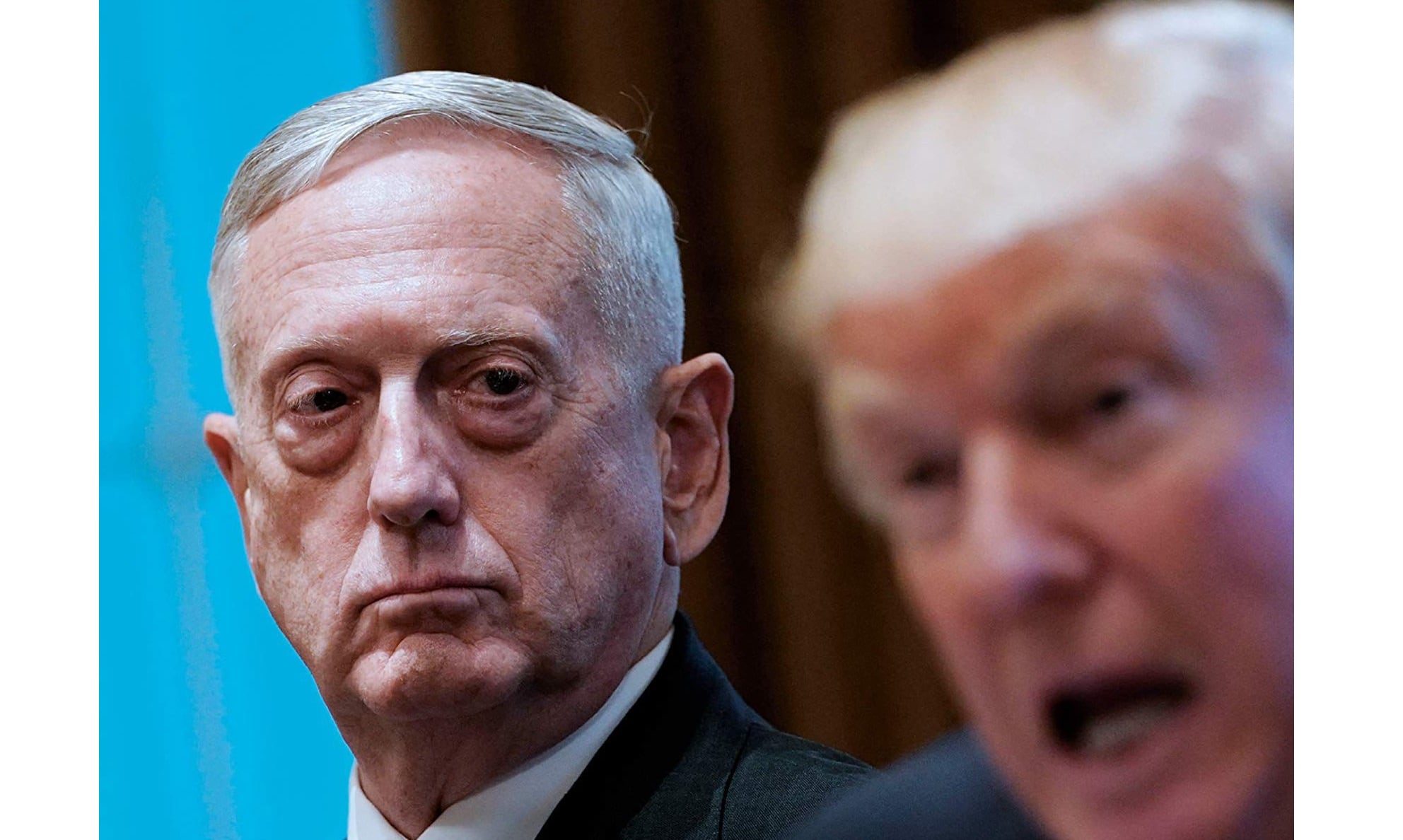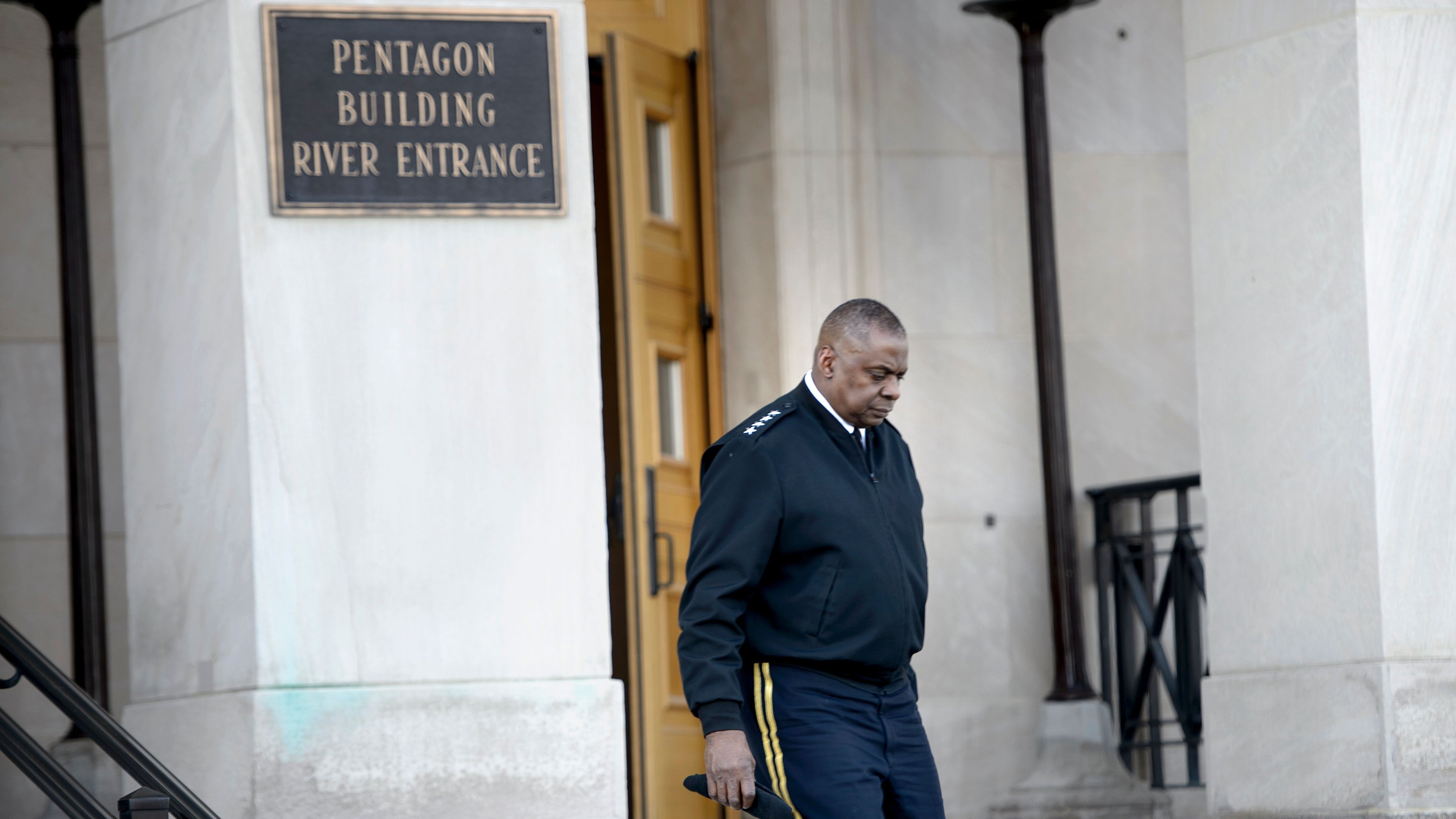WASHINGTON — As President-elect Joe Biden waits to name his secretary of defense, the prospect of selecting a retired general officer is raising alarms about the civil-military balance at the top of the department – and questions about whether Congress would grant such clearance.
For months, Michèle Flournoy, the former undersecretary of defense for policy and Center for a New American Security co-founder, was expected to be nominated as the first woman to lead the Pentagon. But the delay has fueled speculation that Biden is looking elsewhere, potentially to former Homeland Security Secretary Jeh Johnson or Sen. Tammy Duckworth, an Illinois Democrat and wounded Iraq War veteran.
Last week, Axios reported that Biden’s short list includes Lloyd Austin, a retired four-star Army general who led U.S. Central Command from 2013-2016. NBC News, meanwhile, reported that Michelle Howard, a retired four-star Navy admiral, is under consideration for secretary of the Navy.
RELATED

If Biden plans to nominate either individual, or any other recently retired officer, it would require he seek a congressional waiver, which may be difficult to win from a divided Congress and amid pressures from inside Biden’s own party.
The talk comes not only after the Trump administration was criticized for relying too heavily on retired generals to fill top roles in his administration, but amid concern about maintaining the military’s apolitical nature.
According to Title 10 of the United States Code, the defense secretary is among nine Senate-confirmed roles at the Pentagon that would require a waiver if the nominee has been a military officer in the last seven years. For the three service secretary positions, the nominee must be retired for at least five years or receive a waiver.
The waiver requires approval by Senate and House majorities, and the president’s signature.
Because Austin retired in May 2016, he would need a Congressional waiver to become secretary of defense; however, if Biden was interested in pushing Austin for a service secretary role, he could wait until May of this year to nominate him without needing the waiver vote. Howard, who retired in Dec. 2017, would need a waiver for the Navy secretary job anytime before December, 2022.
Though Congress granted a waiver to Jim Mattis, the retired four-star who became President Donald Trump’s first secretary of defense in 2017, today’s political headwinds suggest a more complicated path for another such move. Then, lawmakers balanced their fears of eroding civilian control of the military against some unique circumstances: Trump had no government experience and Mattis was a trusted and well-regarded figure in national security circles.
Though the Senate easily approved the waiver, 81-17, Sen. Jack Reed, D-R.I., the influential ranking member of the Senate Armed Services Committee, said then that his support was a one-time thing for an extraordinary figure.
“Congress has enacted an exception one time since the creation of the Department of Defense,” Reed said then, citing the case of George Marshall in 1950. “And waiving the law should happen no more than once in a generation. Therefore, I will not support a waiver for future nominees. Nor will I support any effort to water down or repeal the statute in the future.”
The House voted 268-151, with only 36 Democrats voting yes. Rep. Adam Smith, D-Wash., voiced procedural concerns that could be the bar for him to clear a waiver today: The Trump transition blocked Mattis from testifying on civilian control of the military and HASC wasn’t given a chance to mark up the waiver.
“What we should do is say, ‘We will not change the law for you until Gen. Mattis appears before us,’” said Smith, now House Armed Services Committee chairman, adding: “Even during the Obama administration, I have spoken out when they have ignored the authority of this committee ... It’s not just about, for me anyway, what party the person happens to be in. It’s about the authority of this committee, and we’re abdicating it.”

Logistics and concerns
There are logistical problems confronting a hypothetical waiver, if Biden wishes to follow tradition and have a secretary in place on Inauguration Day.
While stressing that he was not commenting on the ability of any potential nominees, Arnold Punaro, a former SASC staff director and retired Marine Corps general officer, called the path to an Inauguration Day swearing-in “highly problematic,” because there is not enough time in the lame duck session and with the uncertainty of Senate control in January.
“When Gen. Mattis got his waiver, you had Republican control of both the House and Senate and they were able to pass it and have it signed the day of the Inauguration, which is the first day Biden can actually submit a nomination,” Punaro said.
“Second, these are those who don’t think it worked out that well having a retired four-star and also those who believe there are far too many retired military serving in key political appointments in the Pentagon right now,” he added. “So it appears to me that both the clock and the substance would work against a Jan. 20th date or a waiver for others, and I don’t think the new administration would want to have a delay in a new SecDef being appointed on Jan. 20th.”
Which gets to the broader question of whether Biden should be pursuing retired officers for top jobs at all, following several years of experts warning that the civil-military balance at the department has become disjointed.
On paper, civilians in the Office of the Secretary of Defense (OSD) are supposed to drive the policy with inputs from the Joint Staff; in reality, there has been a slide toward the Joint Staff pushing policy, which grew under Mattis, a former Marine Corps general who relied more on the uniformed officials than civilians.
Jim Golby, a senior fellow with the Clements Center who studies civ-mil issues, says the issue of civilian control is “absolutely” more exacerbated now than in the past, citing a “documented trend” of power shifting from OSD to the joint staff.
Among the factors, Golby said, is the number of acting officials who have filled spots during the Trump administration, the close relationship between Mattis and then-chairman of the Joint Chiefs Gen. Joe Dunford, and other small changes in processes and policies.
“The Joint Staff accumulated some bad habits in their ability to operate more autonomously than they normally would,” Golby said. “When you combine all these things and look at these trends, and say if we want to establish this kind of control at the Pentagon, now is a time when you would actually really want a strong civilian to come in “and take over.”
Jack Shanahan, who recently retired as a three-star Air Force officer, also raised questions about whether former officers are fitted for civilian roles in a Nov. 27 Twitter thread.
“The Chairman of the Joint Chiefs is a four star who provides best military advice to the SecDef. Adding a retired [four star officer as secretary] tilts the balance towards the military, as much as that Secretary would claim otherwise,” Shanahan tweeted.
“The analogy would be to suggest placing a retired politician or Ambassador as the commander of one of the Combatant Commands. Nobody in the military would buy that idea. Why then is it ok for a retired four star to run the Department of Defense? Stars are not fungible.”
Aaron Mehta was deputy editor and senior Pentagon correspondent for Defense News, covering policy, strategy and acquisition at the highest levels of the Defense Department and its international partners.
Joe Gould was the senior Pentagon reporter for Defense News, covering the intersection of national security policy, politics and the defense industry. He had previously served as Congress reporter.




